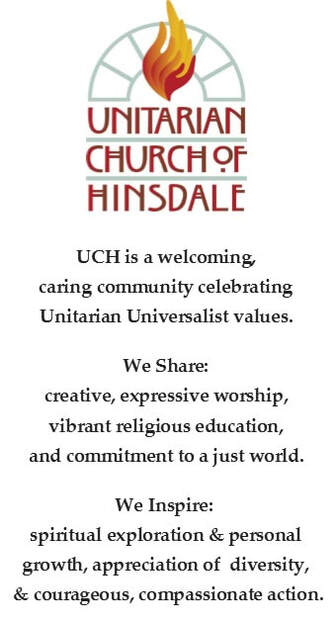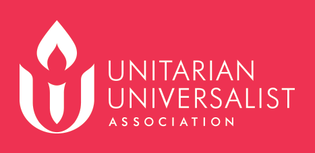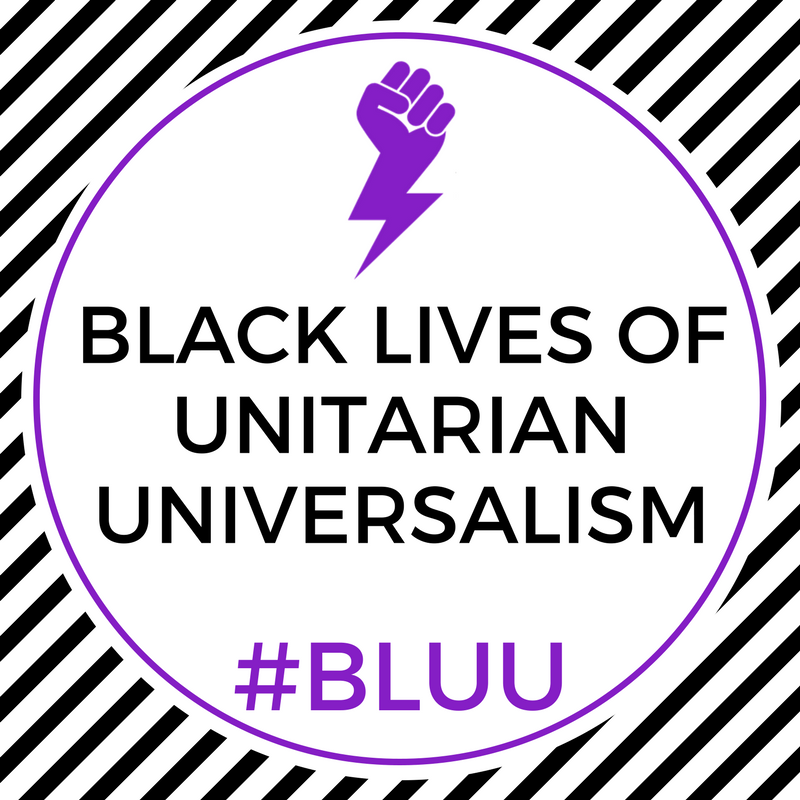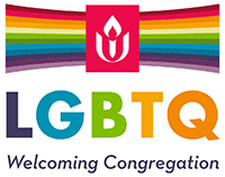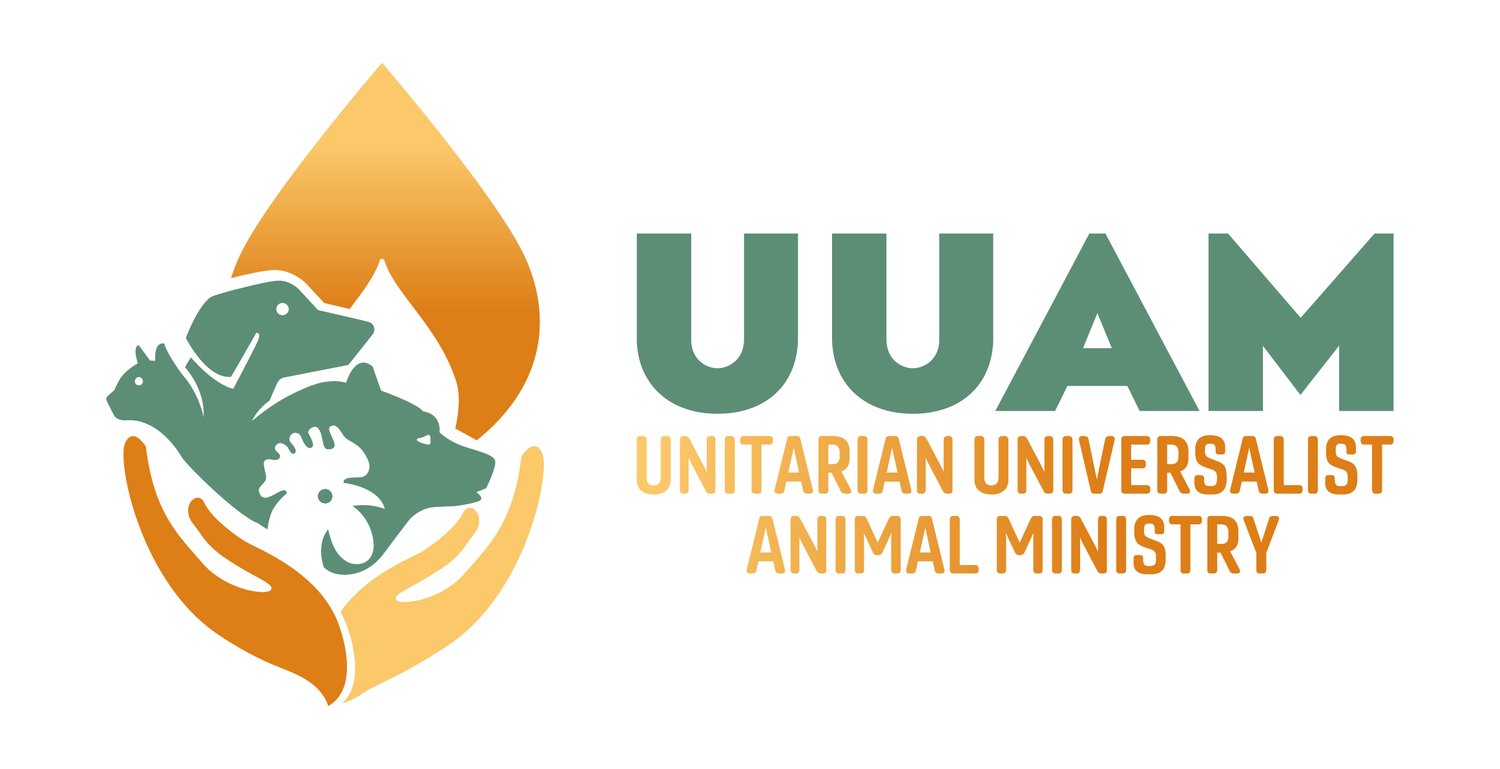8th Principle Project“We, the member congregations of the Unitarian Universalist Association, covenant to affirm and promote: journeying toward spiritual wholeness by working to build a diverse multicultural Beloved Community by our actions that accountably dismantle racism and other oppressions in ourselves and our institutions.”
Shared values: How the UUA’s Principles and Purposes were shaped and how they’ve shaped Unitarian Universalism.
WARREN R.ROSS 5/1/2006 NOVEMBER/DECEMBER 2000 Get ready for a vote on the Proposed 8th Principle at UCH’s Annual Meeting in May 2022
By Marian Honel-Wilson, Chair, Racial Equity Team As I mentioned in last month’s Touchstone, there is a movement in the UUA to adopt an 8th Principle movement in the UUA to adopt an 8th Principle, to “affirm and promote journeying toward spiritual wholeness by working to build a diverse multicultural Beloved Community” and by taking “actions that accountably dismantle racism and other oppressions in ourselves and our institutions.” Here at UCH, that action has begun! We are putting together listening sessions in as many forums as we can to be sure to hear from everyone in the congregation. What are your questions? Concerns? Hopes? Fears? If you regularly attend a group at UCH (Men’s Group, Wise Elders, Chalice Circle, Parents of RE Kids, Youth, Green Sanctuary, etc.), a member of the Racial Equity Team is ready to come to your group to facilitate a discussion on this issue. On November 7th, we’ll show the documentary “13th” after the service and facilitate a discussion about how racism is still showing up in our society. Let’s make an informed choice in May 2022. For more info, visit the 8th Principle website: https://www.8thprincipleuu.org/ Proposed 8th Principle - Perspective
By Adam Daniel-Wayman When I first heard about the eighth principle I was skeptical, and that feeling only got stronger after I read it. It didn't feel like the other principles, and it didn't read like them either. It felt out of place, and I figured that the first seven, the ones I learned in Joshi auditorium as a kid, must already suffice. Still, the idea stuck in my head, and I wasn't any more comfortable with rejecting it than I was with accepting it, so I kept coming back to it. Eventually I found a blog post by a retired minister, Tom Schade, that completely changed how I looked at the eighth principle, and I came to accept it as an important part of my faith. The eighth principle sounds different because it is not a direct continuation of the first seven, but an answer to them. They affirm and promote a universal goodness in mankind, in the world, and in the causes we believe in, but they don't explain why this goodness has not prevailed. Why do the dreams we confidently articulated in our principles decades ago remain so much less than fulfilled in the world around us? There is a temptation in answering this challenge, one that I think is dangerous and ultimately betrays our ideals. I always remember it in the words of Solzhenitsyn: “If only it were all so simple! If only there were evil people somewhere insidiously committing evil deeds, and it were necessary only to separate them from the rest of us and destroy them. But the line dividing good and evil cuts through the heart of every human being. And who is willing to destroy a piece of his own heart?" Instead of evil people without worth or dignity, our new principle names a different culprit blocking the better world we seek: oppressions that are larger and more elusive than any one person or institution, which hurt, divide, and keep us from spiritual wholeness. It names tools we take up on that journey: not big ideas about separation and destruction, but love, action, and accountability. Those are answers that resonate with the Unitarian Universalism I learned at our church, and they’re answers that guide me on a journey to a better world. The writing also names one oppression in particular: racism. I came to see this as grounding us in our own time and place, not trying to lay out an analysis of all oppressions. We are not writing our principles from a timeless nowhere, but from our own country, from our own history, and as a guide on our own journeys. That history connects us to bold actions that we can rightly be proud of, and it connects us to stumbles and disconnects that we can recover from, but I don’t think we can look at the world we live in and say that racism isn’t here with us still. It is an oppression that is still deeply intertwined with the places we come from, not just as a faith but as Americans, westerners, and even as suburbanites. (Maybe especially as suburbanites.) We live in a religious community that openly debates and revises our dearest principles as part of making them sacred. I think there could be a day when the eighth principle doesn’t need to call out racism by name anymore, or names another oppression as a particular challenge to our faith. I don’t think we’re there yet. I’d like to be, and I think the eighth principle will help us get there. 8th Principle Discussion: Let the Conversation Begin!
by Steve Trout As a life-long UU, I have been comfortable with our Seven Principles Seven Principles and Sources of Wisdom and Spirituality Sources of Wisdom and Spirituality for many years. The Seven Principles Seven Principles nicely summarize our values and challenge us to live them each day. The Sources of Wisdom and Spirituality summarize the things that call us to gather on Sunday and give our money, time, and talent to support UCH and Unitarian Universalism. In my experience, people are drawn to Unitarian Universalism from many different backgrounds, life experiences, and values. A big draw for me is the freedom to live a life filled with meaning, purpose, and joy surrounded by like-minded people who are willing to offer support and guidance, particularly through life’s challenges. Perhaps equally important is Unitarian Universalism’s ongoing challenge to live our values and work to make the world a better place. I am continually inspired by our members’ commitments to various causes such as environmentalism, social justice, public health, public education, and democracy. Our community calls us todo more by either widening our concerns (for example, animal as well as human welfare) and raising the bar(for example, working for anti-racism, rather than simply waiting for racism to diminish). This year, we are being challenged to consider adopting an 8th Principle, which calls on us to This year, we are being challenged to consider adopting an 8th Principle, which calls on us to build a diverse multicultural Beloved Community by our actions that accountably dismantle racism and other oppressions in multicultural Beloved Community by our actions that accountably dismantle racism and other oppressions in ourselves and our institutions.” ourselves and our institutions. ”This initiative was launched in 2013 by a group of Black UUs frustrated with the UUA’s lack of progress in advancing its stated intention to eliminate racism within the Association and its congregations. The 8thPrinciple has now been adopted by at least 54 congregations and UU groups. Many other congregations are currently considering adopting it. In June 2023, The General Assembly is expected to review all of UUA’s Principles, Sources, and Purposes, which may include the 8th Principle. You may wonder why an 8th Principle is needed. Isn’t our 1st Principle, “Respect for the Inherent Worth and Dignity for Every Person,” sufficient? I haven’t reached a conclusion on this point, but my sense is that not all is well within UCH, Unitarian Universalism, and the UUA. Two years ago, I was shaken by tearful and angry accounts offered by several Black UUs of when white UUs made them feel like outsiders in their own church. We can and must do better. We are not a racially diverse community and are not as welcoming as we might think. I look forward to discussing the merits of adopting the 8th Principle and considering what we can do individually and collectively to eliminate racism in ourselves, UCH, UUA, and our community. |

